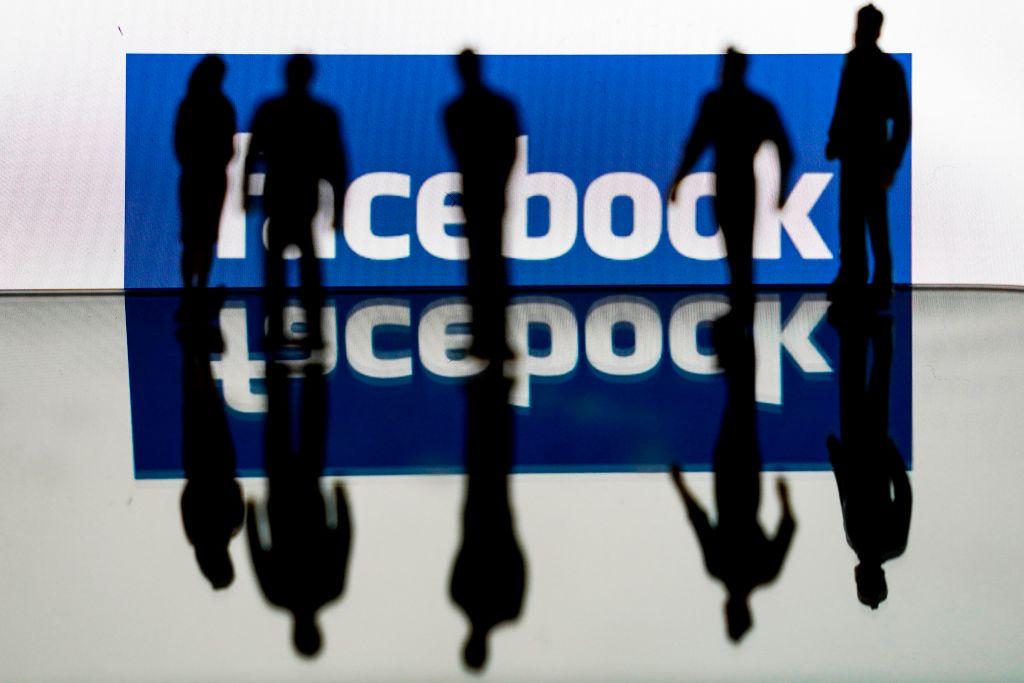Civil society groups are concerned Facebook’s news ban will undermine Australia’s democracy and thereby leave room for misinformation “to fill the void.”
Meanwhile, a new voluntary code (pdf) to combat the spreading of disinformation was introduced by the Minister for Communications on Feb. 22.





